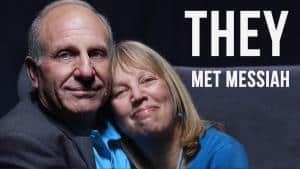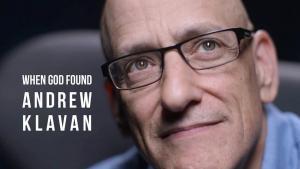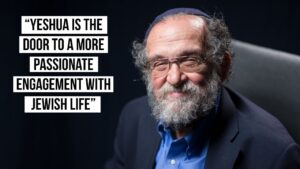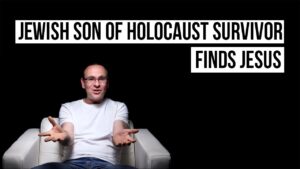Torah Portion for week 29: Leviticus 16 – 18
אַחֲרֵי מוֹת
Acharei Mot (After the death)
Why is personal religion so dangerous? At the heart of this wonderful parasha is the question, “How are we humans to approach a loving, yet holy God?” This question may seem obsolete for Jews and most people today, indicating they come to God in their own way, and in their own path. But in fact, the Scriptures tell us that it is not we who determine how to come to God, but rather God himself determines how we come to Him. While many may not like it, this is one of the main points of this parasha.
Our portion is about the high priest. He is the supreme spiritual authority in Israel, and the only one who is allowed, once a year, to go into the very presence of God. The account begins by recalling when two of Aaron’s sons – priests and potential future high priests – made a hasty decision to enter uninvited into the Holy of Holies, into God’s presence. It is difficult to understand what they were thinking, but it seems clear they were just attempting to approach God in their own way: “Now Nadab and Abihu, the sons of Aaron, each took his censer and put fire in it and laid incense on it and offered unauthorized [lit. “strange”] fire before the LORD, which he had not commanded them. And fire came out from before the LORD and consumed them, and they died before the LORD” (Lev 10:1-2). Wow! Remember, these were priests and future high priests! The message is clear – we come to God in the way he sets before us, not in whatever way we may deem fit.
Our portion continues by detailing very specific instructions on who and how we may enter God’s presence. As we said earlier, it is only one man, the high priest, and only once a year, on the Day of Atonement (Yom Kippur). He comes in a specific way, atoning first for his own sins; and for a very specific purpose, covering the national sins of Israel. Many Jews today think that on the Day of Atonement they somehow pray and find forgiveness for the sins they committed during the year. This is completely wrong!
Imagine the scene that took place in Jerusalem for hundreds of years before the temple was destroyed: on the holiest day of the year, the Day of Atonement, a great multitude of Israelites is gathering in the temple courts. In the inner court, where only the priests are allowed, the high priest is preparing to enter, all by himself, into the Holy of Holies. No doubt, in the weeks before, he was preparing his own heart spiritually for this moment, searching his soul and repenting of his personal sins. On the practical side, he also put his family affairs in order, knowing that his entrance into God’s presence, if not done exactly as commanded, could result in his untimely death. The Jewish traditional writings comment on this moment, and say that a rope was tied to the high priest’s waist, just in case he died in the holy place and the priests had to drag him out.
As the moment approached, the high priest laid his hand on the head of his personal sacrifice and confessed his personal sins. Then the priests brought a special, once-a-year sacrifice for the nation of Israel, and the high priest laid his hand on its head and confessed the national sins of Israel. And then, while all the multitudes were praying in the temple courts and the priests were praying in the inner court, the high priest passed through the veil into the holy place, into the very presence of God. He stood before the mercy seat and atoned for the national sins of Israel.
What does that mean for us today? As we know, for nearly two thousand years there has been no temple, and no way to fulfill the Mosaic covenant. So how are we to come to God today?
God has given a very clear answer through the Jewish prophets who spoke hundreds of years before the temple was destroyed; this answer is repeated in the book of Hebrews: the Messiah will provide the way into God’s presence! “When the Messiah[1] appeared as a high priest of the good things that have come, then through the greater and more perfect tent (not made with hands, that is, not of this creation) he entered once for all into the holy places, not by means of the blood of goats and calves but by means of his own blood, thus securing an eternal redemption” (Heb 9:11-12).
God declares today – all can come to him freely, but only by the grace of Messiah Yeshua.
[1] ESV reads “But when Christ.”






















